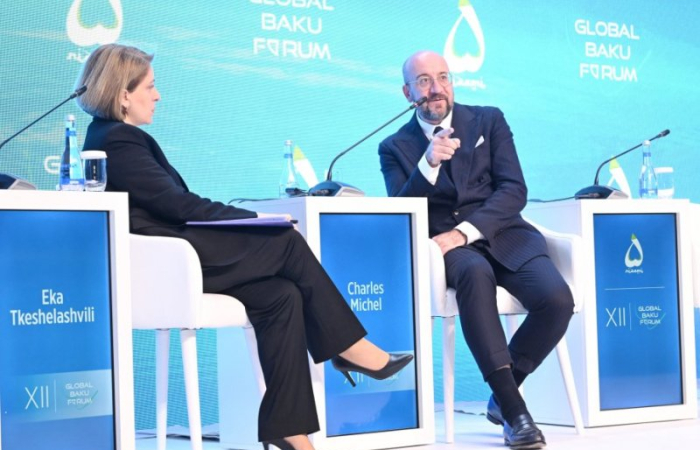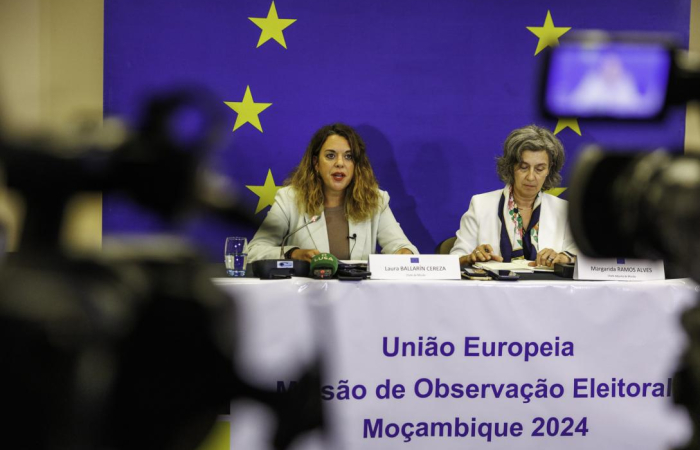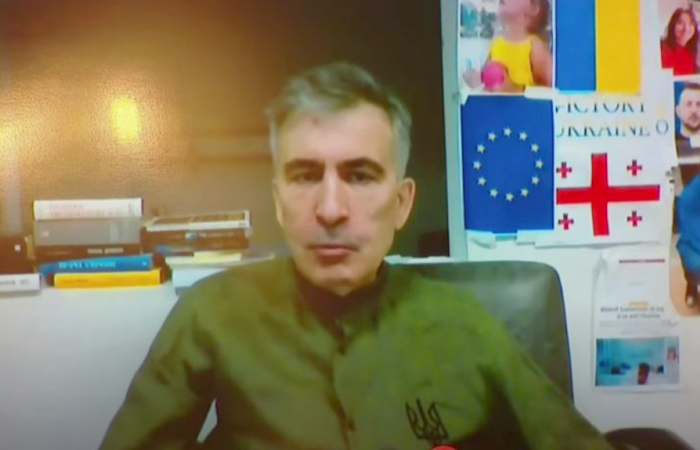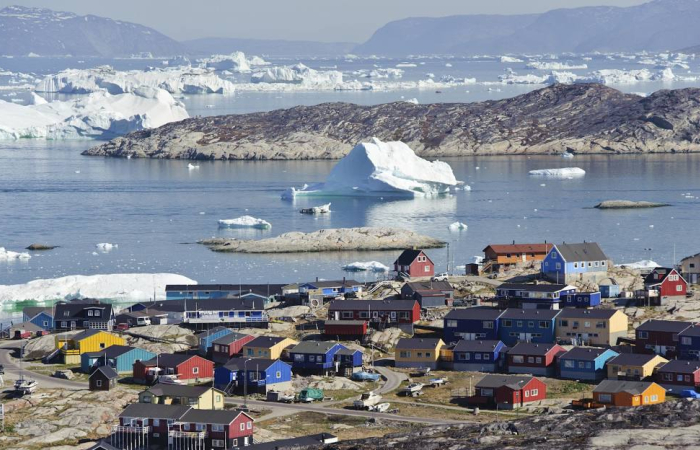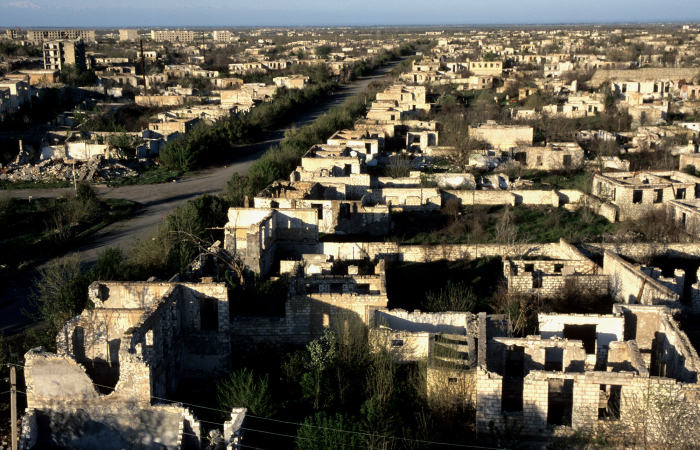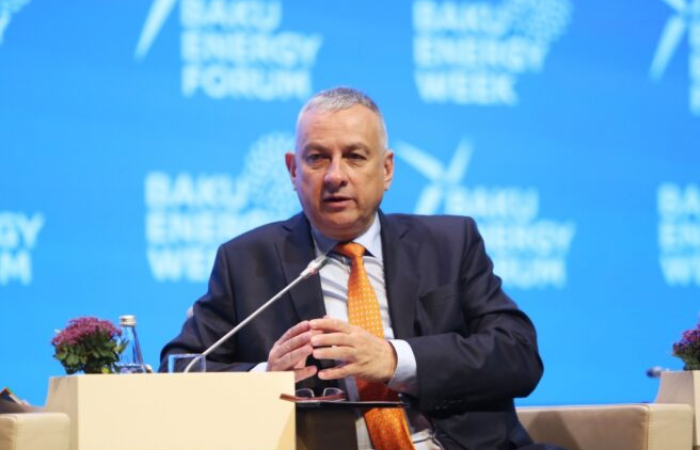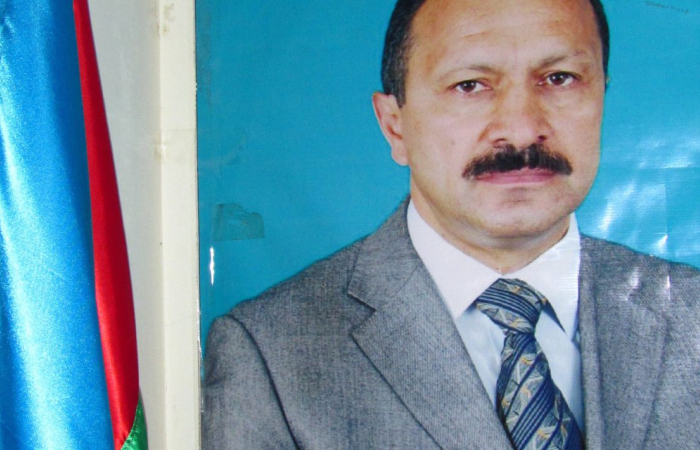Trending
Opinion: Armenia and Azerbaijan Finalise Peace Treaty Though Challenges Remain
14 March 2025
Speaking to media on the sidelines of the Global Baku Forum, Foreign Minister Jeyhun Bayramov unexpectedly announced that the text of the Agreement on Peace and Establishment of Interstate Relations between Armenia and Azerbaijan had been finalised. Made up of 17 points, two of which had not until now been agreed, the news came like a bolt out of the blue. As was already known, those last points concerned withdrawing international court cases against each other and not deploying third country forces on their common border.




